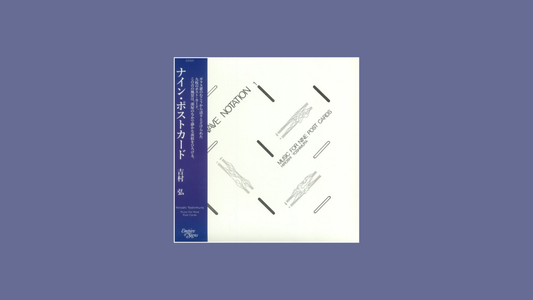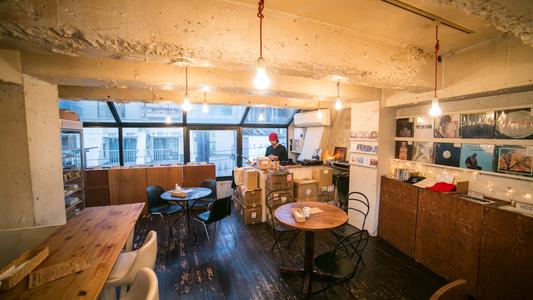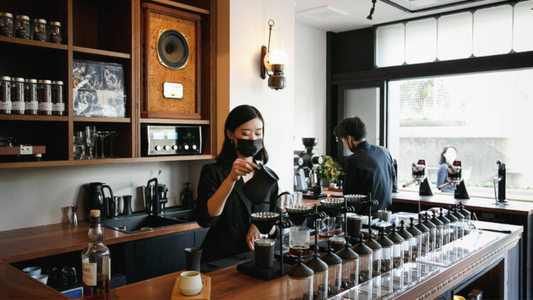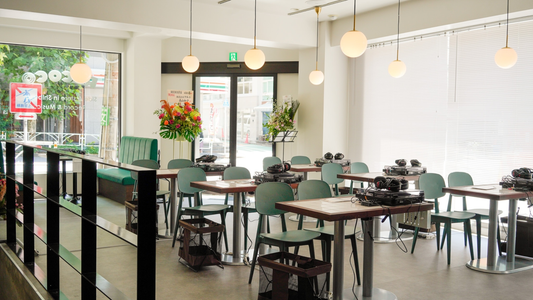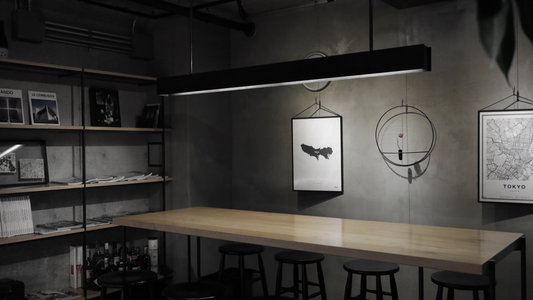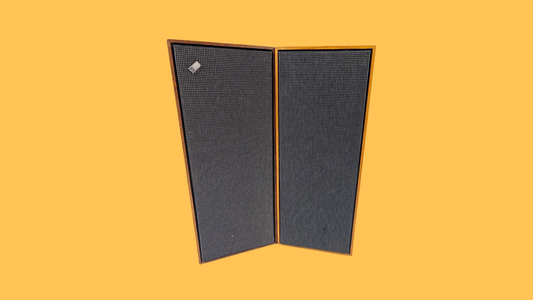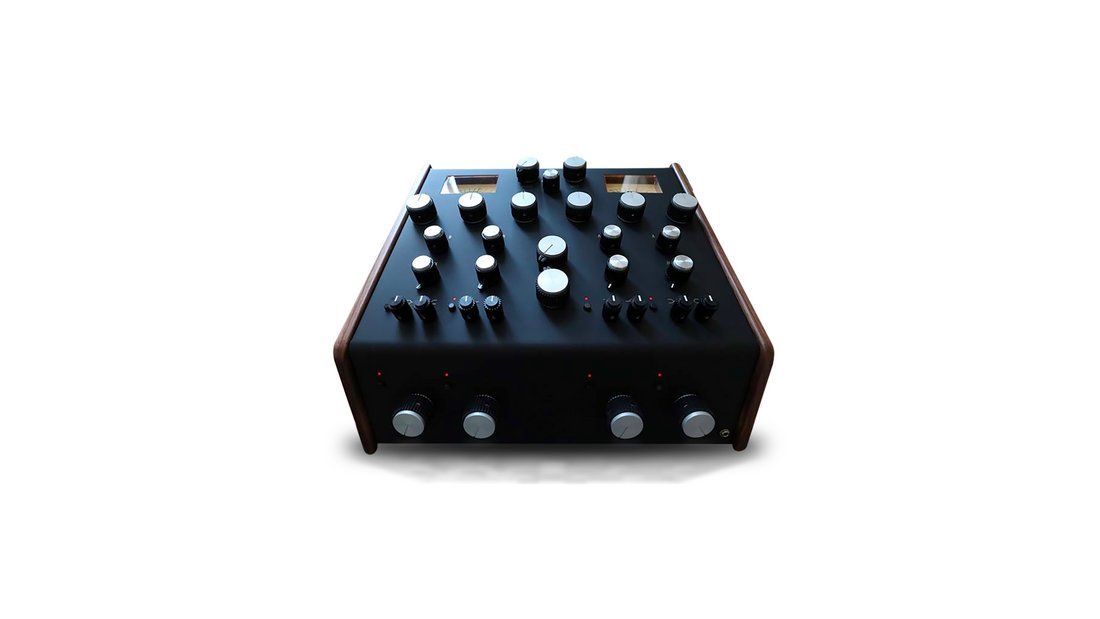
Isonoe — British Engineering for the Modern Bar Counter
By Rafi Mercer
Some names in hi-fi carry weight through history, others through scale. Isonoe has neither. Instead, it carries weight through precision — a small British company that quietly builds some of the most respected tools in modern audio. Known first for their isolation feet, designed to steady Technics turntables against club vibrations, Isonoe expanded into mixers and accessories that now populate listening bars worldwide. Their appeal lies in discretion: equipment that doesn’t shout, but ensures that everything else can be heard.
Founded by Jake and Michael Williams in London, Isonoe emerged in the early 2000s from the intersection of engineering and DJ culture. Their isolation systems became cult objects, solving the practical but profound problem of resonance. From there, they turned to mixers — minimalist, rotary-based, hand-built units designed not as heritage homages but as forward-facing instruments. The design philosophy was consistent: no gimmicks, no gloss, just circuits and mechanics tuned for transparency and reliability.
I remember a night in East London, in a basement bar where an Isonoe rotary mixer sat unassumingly on the counter, flanked by shelves of vinyl. The selector moved from Arthur Russell’s World of Echo into a deep house twelve-inch. The transition was seamless, the sound uncoloured, every detail intact. The mixer itself barely drew attention, yet its presence was unmistakable — the night’s flow depended on its invisible precision.
That invisibility is part of the Isonoe ethos. Unlike the glowing meters of McIntosh or the sculptural drama of OMA horns, Isonoe equipment is designed to disappear. It doesn’t dominate a bar visually or sonically; it enables. Patrons may not notice it, but they notice the effect: sound that is steady, grounded, free of noise, transitions that feel natural rather than forced.
Compared with the warmth of Bozak, the Parisian elegance of E&S, or the artisanal flair of Condesa, Isonoe feels more industrial-modern. It is the engineer’s choice, the minimalist’s companion. For listening bars, that means reliability without distraction — the kind of equipment that can anchor nights without demanding to be the story.
Visually, their mixers and accessories echo this ethos: clean lines, brushed panels, nothing extraneous. The beauty lies in restraint, in function as form. In a bar, that restraint resonates, signalling that the priority here is not spectacle but listening.
Today, Isonoe continues to hand-build in Britain, its products circulating quietly but widely among venues, DJs, and collectors. Their reputation rests not on myth or nostalgia but on trust: when you see an Isonoe behind the bar, you know the proprietor values engineering as much as atmosphere.
In the end, Isonoe represents modern British engineering distilled for the bar counter. Discreet, precise, quietly confident, it ensures that records flow as they should, without intrusion or error. And in the silence between tracks, its presence lingers — the kind of presence that only true discretion can achieve.
Rafi Mercer writes about the spaces where music matters. For more stories from Tracks & Tales, subscribe, or click here to read more.


